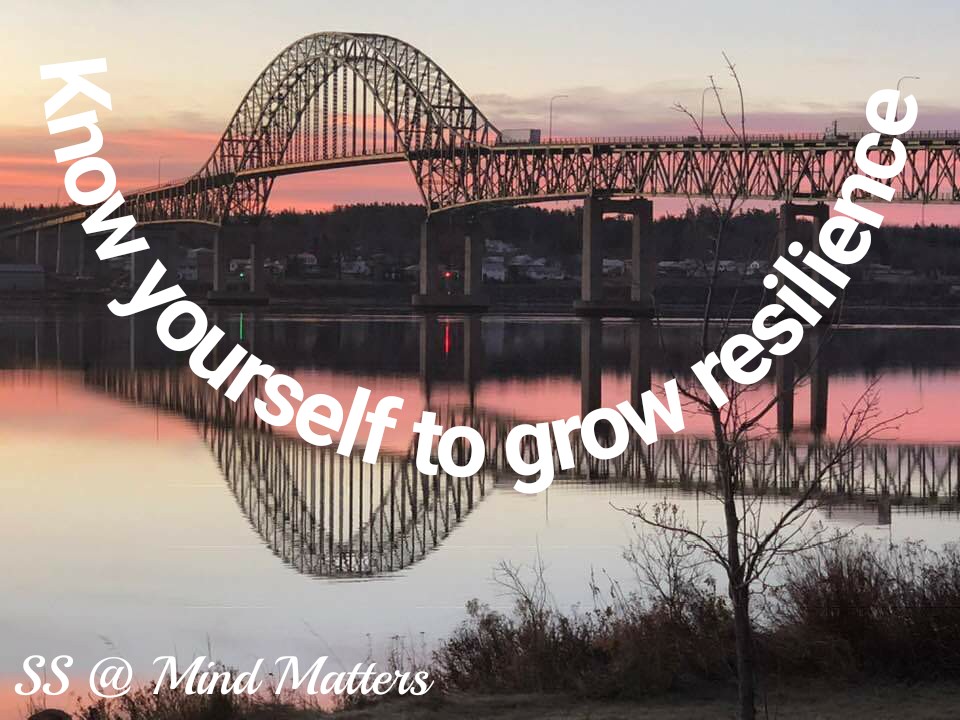Stepping into 2021, one handy tip
Here I’ll be discussing how self-acceptance is the key to building resilience.
You want to face the pandemic and more without losing your cool. You want to be able to wake up every morning without the dreaded feeling of falling behind. You don’t wish to have any more sleepless nights. You don’t want to fight the feeling of being a failure.
You plod on and even find the time to do self-care, whether working out or meditating or both. You do feel better after going on the treadmill for an hour. You get more productive and able to handle your household. However, you soon start having a disruptive sleep with early morning awakening. You feel tired and need more cups of coffee to rejuvenate.
Yet you don’t give up and continue to lead your life, calling it your “new normal.’
Here, you’re showing resilience by adapting to adverse circumstances, which helps in the short term, but it can lead to burning out if the stressors continue.
Would the overall picture be different if you had taken a hiatus and allowed yourself to slow down? In other words, just going along with the flow and doing what is necessary until you feel better; for example, instead of doing an hour on the treadmill, use the extra time to take a long bath.
Acceptance of your vulnerability will help you make and commit to behaviour changes ( as per Acceptance and Commitment Therapy).
To help you with this task, whenever you have a few spare minutes, instead of going on social media, try to fix your gaze at a spot on the wall while taking slow breaths. To make the breathing process more effective, visualize that you breathe in through the navel or abdomen, carrying the breath to the chest and neck area, breathing out gradually, and feeling the stomach deflate. Observe the sensations in your body during this process.
Gradually with practice, you will be able to close your eyes for meditation and even have a better night’s sleep.
If you’re up to it, with your eyes closed, try to identify the times when you felt overwhelmed and made “silly” mistakes, like forgetting to lock the front door when you come back home.
Again keeping in mind your comfort levels, mentally go over your day and see what you could have done differently.
You can start by documenting any noticeable differences in your functioning. You can keep notes of negative thoughts voiced, and the time they were expressed, thereby finding out that your feelings are not fact-based.
You’ll soon enough get the feeling that you’re doing everything “almost” right, so if things don’t go as well as you have planned, you’ll accept it without the same feelings of guilt…and that is resilience with a healthier you.
Disclaimer: This post is for informational purposes and should not substitute for consultation with a qualified professional.


